In early August, the Intergovernmental Panel on Climate Change (IPCC) issued its latest report on the climate crisis and the impact of CO2 in our atmosphere from the burning of fossil fuels. Described as a “Code Red for Humanity” and summary assessments from scientists like “We are out of time”, ACS community members might be wondering what can I do?
ACS Grant Recipient's Research Shows Connection Between Whale Entanglement, Warmer Ocean Temperatures, and Dungeness Crab Fishing
In the last few years, the number of whales getting tangled up in fishing gear in local waters has skyrocketed. In 2016, the National Oceanic and Atmospheric Administration reported 71 separate cases of whale entanglement with fishing gear on the West Coast. That is 41 more instances of whale entanglement than in 2014 and the highest annual total since the agency first started keeping track in 1982.
Armed with 30 years of whale sighting data in the Farallon Islands, ACS San Francisco Bay Chapter research grant awardee Kaytlin Ingman set out to find out why more whales were getting caught in fishing equipment than nearly ever before.
The Impact of Plastic Pollution on Cetaceans and What Can Be Done About It – A Scuba Diver’s Perspective
Toben Lonne, Editor-in-Chief of Dive.in magazine and PADI certified Master Scuba Diver Trainer (MSDT) instructor, shares a story about how an experience diving with pink dolphins in Thailand opened his eyes to the damage that plastic pollution is doing to cetaceans and their habitats. He shares his perspective on how fellow divers and the concerned general public can take steps to help cetaceans in distress and reduce plastic waste in an effort to preserve these magnificent marine mammals and their beautiful marine habitats.
Impacts of Anthropogenic Sound on Marine Life
When we consider major environmental threats to marine life, we often think of issues such as oil spills, overfishing, and plastic pollution. A threat that’s likely not as familiar to the general public but holds grave consequences is that of ocean noise pollution. NOAA’s National Ocean Service defines ocean noise pollution as “sounds made by human activities that can interfere with or obscure the ability of marine animals to hear natural sounds in the ocean.” An article in Yale Environment 360 shares a quote from marine scientist Christopher Clark: “We are injecting so much noise that we are effectively acoustically bleaching the world’s oceans.”
Steps to Reduce Your Plastic Waste
One of the most important actions we can take to protect whales and dolphins is reduce our usage of plastics, which all too often end up in the ocean. In fact, it’s predicted that by 2050, there will be more plastic in the ocean than fish. According to research, ten percent of all whales and dolphins have ingested plastic. Plastic stays in animals’ digestive tracks and can easily result in death. On June 2, 2018, a Guardian article reported that a whale died from eating more than 80 plastic bags. Another such tragedy involved sperm whales in the Mediterranean, where nine out of 24 carcasses revealed that the animals’ stomachs were blocked by large amounts of plastic. Sadly, plastic-related cetacean deaths such as these are not uncommon.
